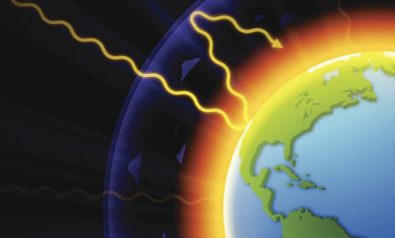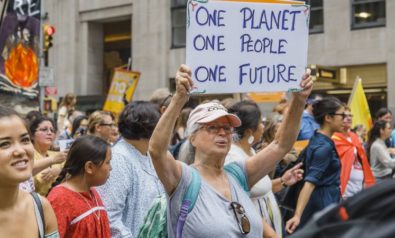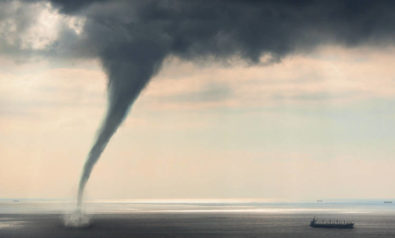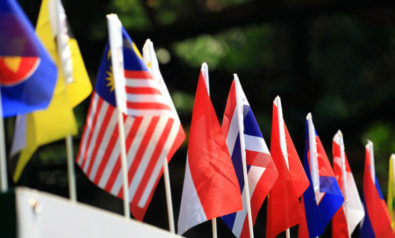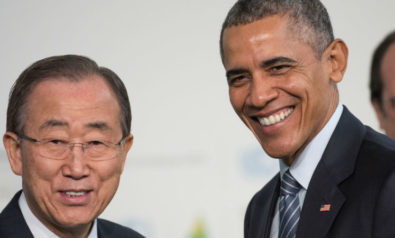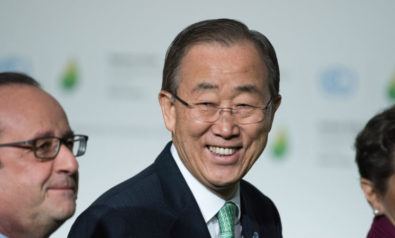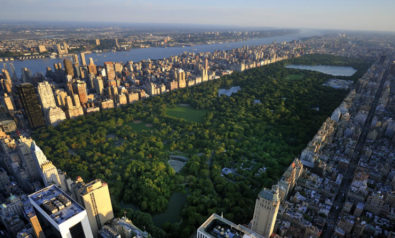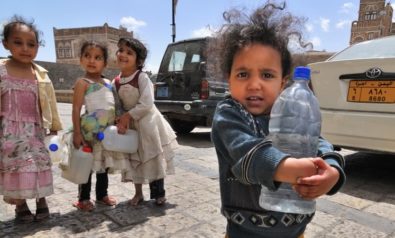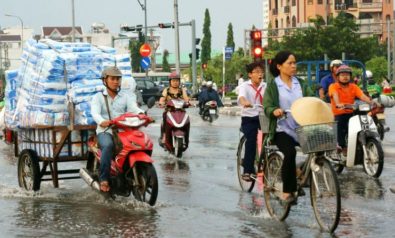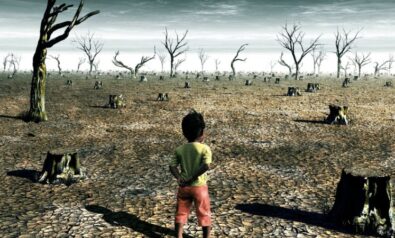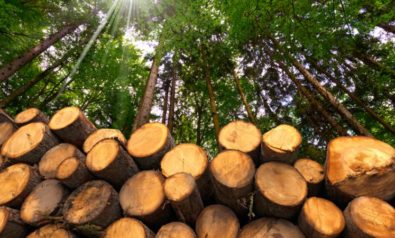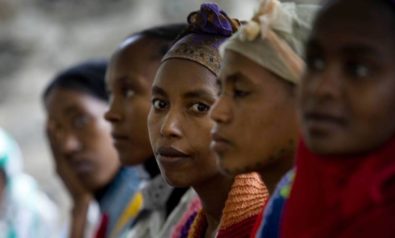Women must be recognized as agents of change who hold solutions to the world’s most pressing problems such as climate change.
Young feminists from different parts of the world have gathered in Paris on the third day of climate negotiations, known as the Conference of Parties (COP) 21, sharing stories and statements on women and climate change.
Women are impacted differently by climate change. According to United Nations Women Intergovernmental Specialist Verona Collantes, we need to recognize this fact in order to address the needs of women, especially those on the forefront, in the face of changing climate.
“If we don’t recognize that there are these limits, our response becomes the same for everyone and [then] we disadvantage a part of the population which, in this case, is women,” Collantes says.
For years, women have been seen and tagged as “vulnerable” to climate change, a section of society that has been given charity instead of empowerment. But this should change. Women need to be recognized as agents of change who hold solutions to the world’s most pressing problems such as the climate crisis—if they are given the space and opportunity to do so.
Speaking at the Young Feminist Day on December 2, Majandra Rodriguez, a climate activist from Peru, emphasized that women are not inherently weak and that the inequalities they face today are created by societies.
Stressing this point is Eleanor Deeley, a young feminist from the United Kingdom. “The acknowledgement of women must be put in practice,” she says. “We must reverse the status quo, and this means a bottom-up approach and [to] make women as equal and highly valued participants in the climate change movement.”
Climate change impacts on women
There are many effects of climate change that women face differently to men—and at most times are taken for granted. For example, in some cultures, women and girls are not taught to swim. In other countries where there is now a lack of water, women and girls who need to fetch water from distant areas are subjected to sexual harassment. Women who stay at home and watch their children, on the other, have less access to information about hurricanes and typhoons.
Alina Saba from Thailand shares the experiences of the Mugal indigenous women. These women take responsibility for finding firewood and fodder for the animals, and they dedicate almost an entire day in walking and collecting the firewood. This has increased their workload, as women are also working more in the field watering and tending plants due to the change in weather patterns. The decrease in food production has compelled them to look for other sources of work like wage labor. Deforestation has exacerbated the hardship of Mugal women, as they have to spend more time both in the field and taking care of household chores.
“These women who already used to work for 12 hours a day in the field are now getting no breaks,” says Saba. “Firewood, being the only source of cooking and keeping the house warm in this remote mountainous district, is becoming scarce. Not having enough firewood means not being able to prepare the meals and keep the house warm when temperature freezes in winter,” she adds.
For these reasons, women are seen as “vulnerable.” But this view does not take into account that it is the current social structures and institutions that make them vulnerable.
“What we need to do is give women more opportunity and spaces. If these women are kept outside of the decision-making, then there is no possibility of knowing the exact problems they are facing,” says Saba.
Lakshmi Puri, the deputy executive director of United Nations Women, says that supporting and enabling women’s participation and leadership to harness their special skills and talents is important for effective climate action.
What women want in Paris
Speaking to Kate Cahoon of Gender CC in September during the Bonn climate negotiations, she emphasized the need for gender rights to be part of the agreement. “We want a strong agreement, and it can only be strong if we account for half of the world’s population,” Cahoon said.
In a press conference, the Women and Gender Constituency outlined their demands for a Paris agreement: that governments commit to keep warming under 1.5 degrees Celsius; that all climate actions must include recognition of and respect for human rights, gender equality, rights of indigenous peoples and intergenerational equity; and that unconditional support to developing countries to mitigate and adapt to climate change is provided.
The views expressed in this article are the author’s own and do not necessarily reflect Fair Observer’s editorial policy.
Photo Credit: Yavuz Sariyildiz / Shutterstock.com
 We bring you perspectives from around the world. Help us to inform and educate. Your donation is tax-deductible. Join over 400 people to become a donor or you could choose to be a sponsor.
We bring you perspectives from around the world. Help us to inform and educate. Your donation is tax-deductible. Join over 400 people to become a donor or you could choose to be a sponsor.
Support Fair Observer
We rely on your support for our independence, diversity and quality.
For more than 10 years, Fair Observer has been free, fair and independent. No billionaire owns us, no advertisers control us. We are a reader-supported nonprofit. Unlike many other publications, we keep our content free for readers regardless of where they live or whether they can afford to pay. We have no paywalls and no ads.
In the post-truth era of fake news, echo chambers and filter bubbles, we publish a plurality of perspectives from around the world. Anyone can publish with us, but everyone goes through a rigorous editorial process. So, you get fact-checked, well-reasoned content instead of noise.
We publish 2,500+ voices from 90+ countries. We also conduct education and training programs
on subjects ranging from digital media and journalism to writing and critical thinking. This
doesn’t come cheap. Servers, editors, trainers and web developers cost
money.
Please consider supporting us on a regular basis as a recurring donor or a
sustaining member.
Will you support FO’s journalism?
We rely on your support for our independence, diversity and quality.



